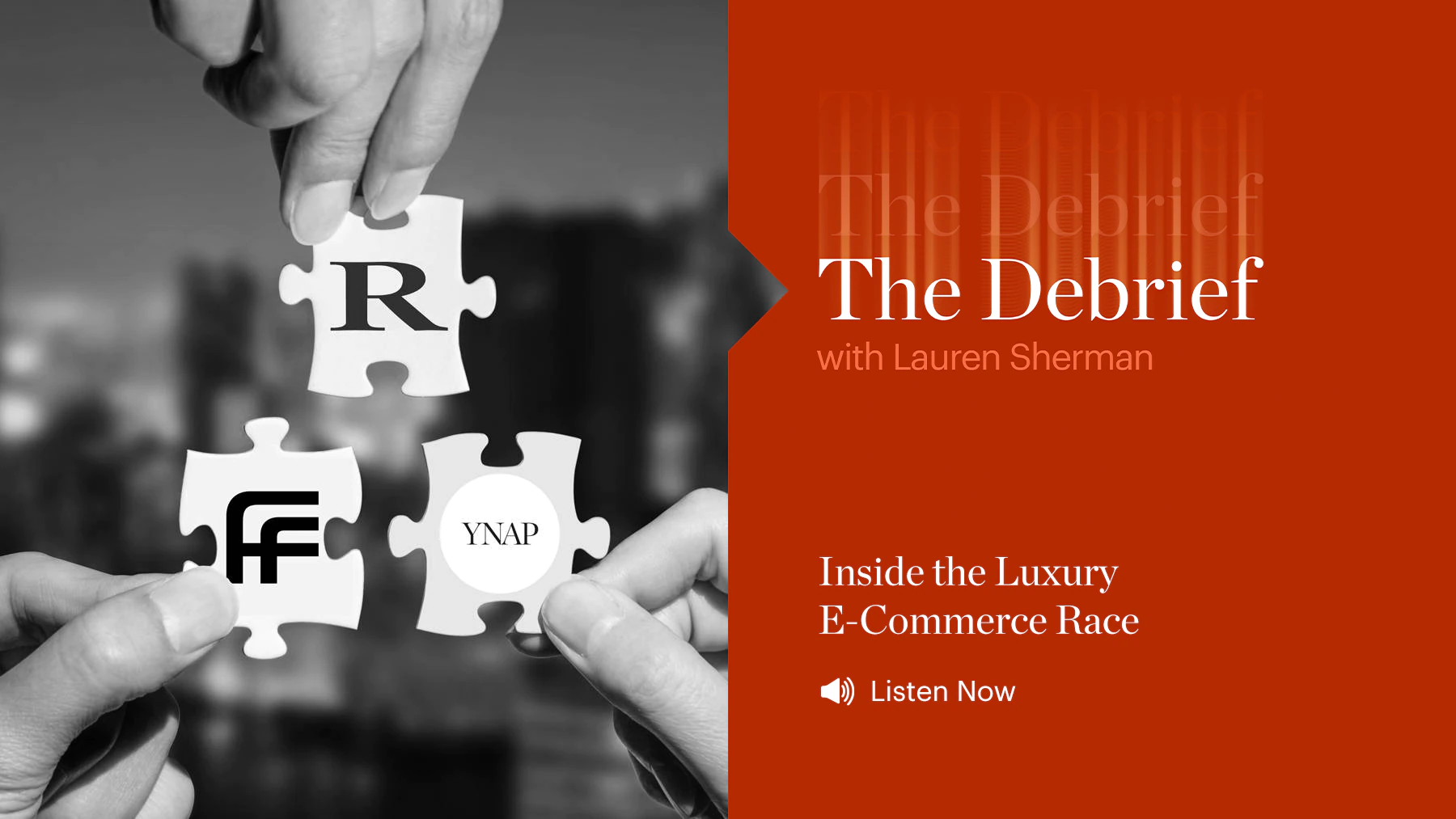
Subscribe to the BoF Podcast here.
Background:
The launch of Net-a-Porter in 2000 changed fashion forever, heralding the first phase of luxury e-commerce, and inspiring a slew of competitors to get in the game. But in an increasingly competitive market, e-tailers have struggled to retain pricing power and turn a profit. Now, the space is starting to see some consolidation. In August, Farfetch took a stake in Yoox-Net-a-Porter Group, which laid the groundwork for an eventual acquisition, and allowed Richemont to offload the platform — which had long weighed on its portfolio.
“This deal is a pretty major step for Farfetch in terms of setting up the platform to solidify a dominant position… YNAP was Farfetch’s biggest competitor,” said Tamison O’Connor, BoF luxury correspondent.
Key Insights:
- As part of the deal, Farfetch acquired a 47.5 percent stake in YNAP, in an agreement that contains provisions for a full acquisition within a full year. Farfetch will power YNAP’s technology, and sell YNAP inventory — including Richemont brands — on its own platform.
- E-commerce can be hard. Farfetch is attractive to brands because it offers back-end management, stock management and connection to the company’s fulfilment logistics network, at a time when brands are struggling to wrangle their supply chains due to macroeconomic challenges.
- Brands are getting better at creating curated universes on their own sites, and that could end up hurting multi-brand e-tailers, who have set big growth expectations with investors.
- Farfetch has struggled to build a brand to match its business ambitions, where players like Mytheresa, Matches and Net-a-Porter — while facing their own challenges — have stronger identities.



